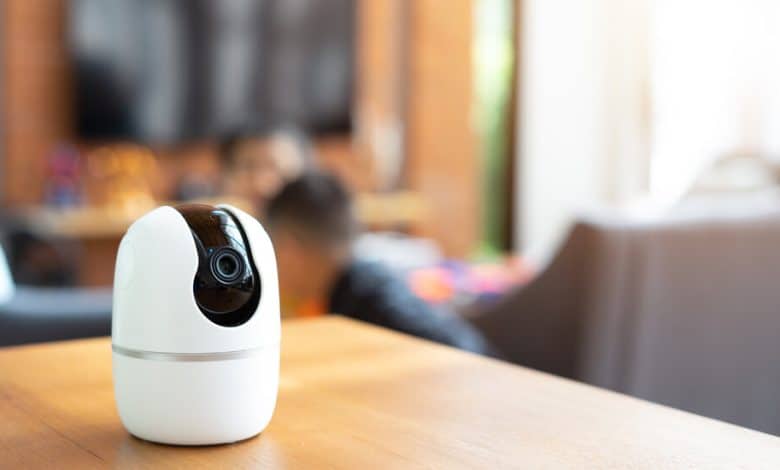Hidden Cameras: What Travelers Need to Know

This month, Airbnb announced that, starting April 30, the company would ban the use of surveillance cameras in its rentals. The news was welcomed by those concerned about privacy.
“Cameras are both creepy and a threat,” said Albert Fox Cahn, the executive director of the Surveillance Technology Oversight Project, which has campaigned for a ban on cameras in Airbnbs since 2022. “People are terrified about having their intimate moments photographed without their consent and having owners able to monitor their activities within a rental.”
For many travelers, Airbnb’s new policy has prompted some fundamental questions: What were the cameras doing there in the first place? And what are travelers’ rights when it comes to privacy in hotels and rental homes?
Public use of cameras
Cameras, of course, are everywhere in public life, from the self-checkout kiosks at big-box retailers to airport terminals.
Like other businesses, hotels and vacation rentals use surveillance cameras for two reasons, said Michael McCall, a Hilton Hotels Fellow in the School of Hospitality Business at Michigan State University: To protect their customers and their property.
A traveler might feel more secure getting to a hotel room or rental apartment with a security camera in a hallway, for example. And a hotel or host might use cameras to monitor property damage or theft, though the question of whether surveillance is effective in preventing crime is a longstanding debate between privacy and safety advocates.
